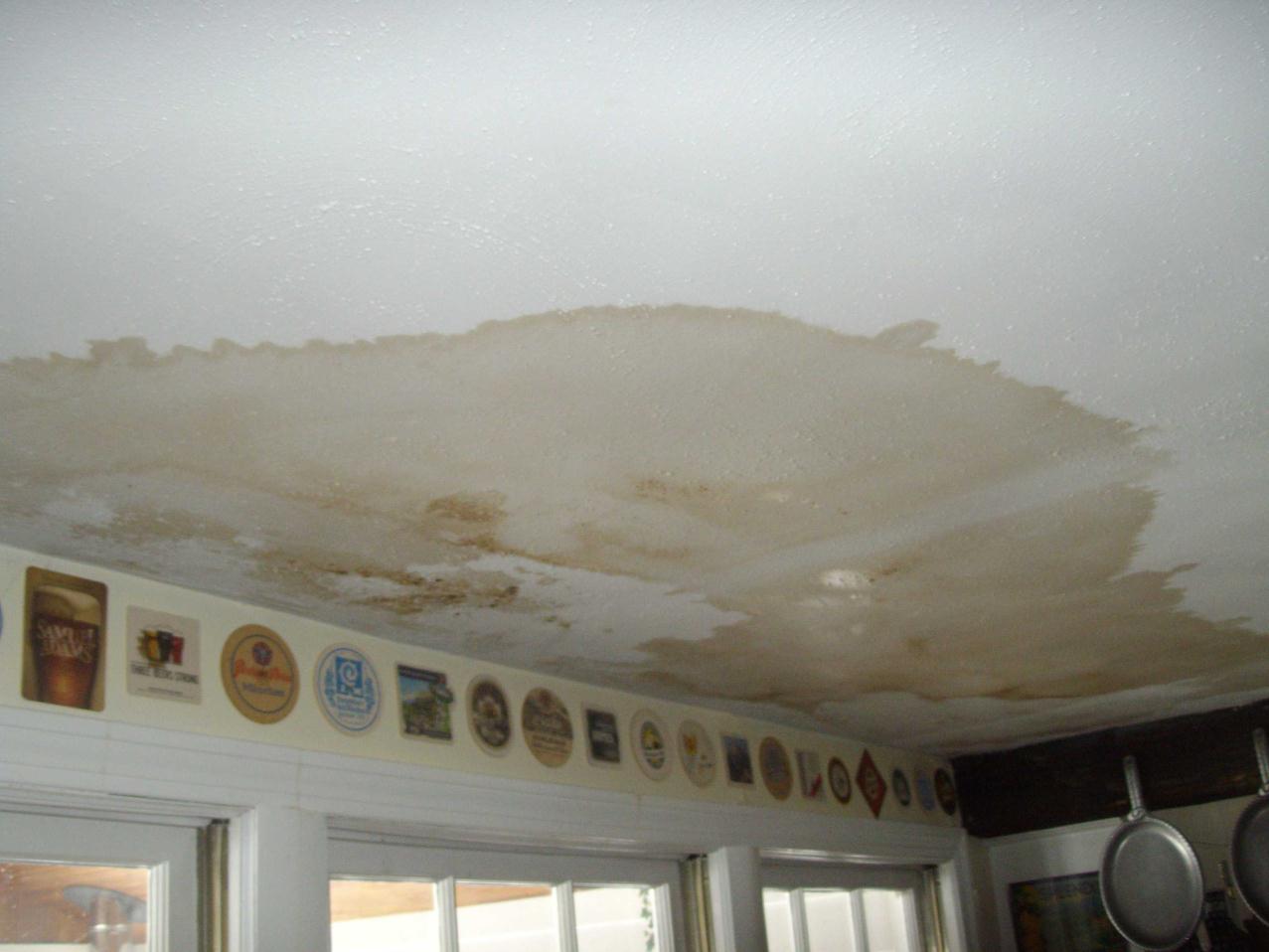What are your beliefs about Reducing Your Risk Of Water And Fire Damage At Home?

Water provides life, water invasion on parts where it's not expected to be can result in damage. Homes with water damage smell stuffy and also old.
Water can originate from lots of resources such as tropical cyclones, floods, burst pipes, leaks, and also sewage system concerns. In case you experience water damages, it would be excellent to recognize some safety and security preventative measures. Right here are a few guidelines on how to manage water damages.
Do Prioritize House Insurance Coverage Protection
Water damage from flooding because of heavy winds is seasonal. However, you can additionally experience an abrupt flood when a defective pipeline instantly ruptures into your home. It would be best to have residence insurance coverage that covers both acts of God such as all-natural catastrophes, and emergency situations like damaged plumbing.
Don't Neglect to Shut Off Utilities
This cuts off power to your whole residence, avoiding electrical shocks when water comes in as it is a conductor. Do not forget to transform off the major water line valve.
Do Keep Proactive and Heed Weather Condition Signals
Listen to emptying warnings if you live near a creek, lake, or river . Doing so lowers potential residential or commercial property damage.
Don't Neglect the Roofing System
You can stay clear of rainfall damage if there are no openings as well as leakages in your roofing system. This will protect against water from streaming down your walls and also soaking your ceiling.
Do Pay Attention to Tiny Leaks
A ruptured pipe does not take place overnight. You might notice gurgling paint, peeling off wallpaper, water streaks, water discolorations, or dripping noises behind the wall surfaces. Have your plumbing repaired before it results in enormous damages.
Don't Panic in Case of a Ruptured Pipeline
When it comes to water damage, timing is key. Hence, if a pipeline ruptureds in your residence, immediately shut off your main water shutoff to reduce off the resource. Call a reputable water damage restoration specialist for assistance.
Water offers life, water intrusion on components where it's not meant to be can result in damage. Houses with water damage smell old and musty.
Water damages from flooding fees to heavy winds is seasonal. You may notice gurgling paint, peeling off wallpaper, water touches, water stains, or trickling audios behind the wall surfaces. When it comes to water damage, timing is key.
Some Do's & Don't When Dealing with a Water Damage
DO:
Make sure the water source has been eliminated. Contact a plumber if needed. Turn off circuit breakers supplying electricity to wet areas and unplug any electronics that are on wet carpet or surfaces Remove small furniture items Remove as much excess water as possible by mopping or blotting; Use WHITE towels to blot wet carpeting Wipe water from wooden furniture after removing anything on it Remove and prop up wet upholstery cushions for even drying (check for any bleeding) Pin up curtains or furniture skirts if needed Place aluminum foil, saucers or wood blocks between furniture legs and wet carpet Turn on air conditioning for maximum drying in winter and open windows in the summer Open any drawers and cabinets affected for complete drying but do not force them open Remove any valuable art objects or paintings to a safe, dry place Open any suitcases or luggage that may have been affected to dry, preferably in sunlight Hang any fur or leather goods to dry at room temperature Punch small holes in sagging ceilings to relieve trapped water (don't forget to place pans beneath!); however, if the ceiling is sagging extremely low, stay out of the room and we'll take care of it DO NOT:
Leave wet fabrics in place; dry them as soon as possible Leave books, magazines or any other colored items on wet carpets or floor Use your household vacuum to remove water Use TV's or other electronics/appliances while standing on wet carpets or floors; especially not on wet concrete floors Turn on ceiling fixtures if the ceiling is wet Turn your heat up, unless instructed otherwise

As an enthusiastic person who reads on Safety Tips To Prevent Fire And Water Damage, I think sharing that editorial was really helpful. Do you know about somebody who is enthusiastic about the subject? Please feel free to share it. I love reading our article about Safety Tips To Prevent Fire And Water Damage.